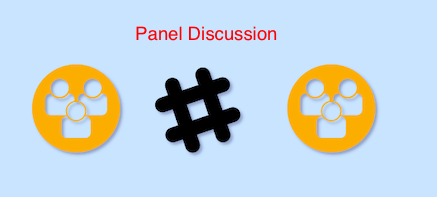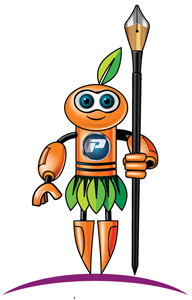
06 Mar Should Tool Be the Main Criteria to Recruit Writers?
Once upon a time, MS Word was the global tool for Tech Writers. As IT industry evolved, writing skill befriended tools for ease of writing and better presentation. RoboHelp and FrameMaker were soon challenged by many other tools. All found willing customers. Some feel, writer’s are more busy with tools now than writing. Agree!
Panelist 1
Most authoring tools are designed on the same premise of structured authoring/DITA/XML and so on. We should certainly gauge candidates know-how on these concepts. Picking up speed with tool is just a matter of time and not a criteria for one’s merit.
Panelist 2
Many mention that tools can be learnt. Who will teach? Why should they teach when looking for experience candidates? Why should a candidate apply if they don’t know a tool mentioned as mandatory in job description? Even if they apply, shouldn’t they practice on trial version instead of trying to attend interview without any knowledge on the required tool? Knowledge is wisdom.
Panelist 3
As a hiring manager, I rarely look at specific tool skills. I see tools as enablers that can be taught. Anyway, most of the team just authors in the tool and does not define the framework. For me, the critical skill in a technical communicator is ability to look beyond the surface; to define the business problem, to identify the user(s) and then deliver the appropriate information artifact.
Panelist 4
Accomplished TECHNICAL writers are the ones who not only should be good at communicating the information to the end user much effectively, but also should have an understanding of basic coding practices, which would help them handle modern authoring tools facilitating content reusability and single sourcing. Tools like Oxygen, Adobe FrameMaker which support structured authoring; and moving little upward to the area of CMS like Astoria, AEM; demand a comprehensive skillset from the modem day technical writers to jump into their job without any extra hours of training.
Panelist 5
Tools should not be “The Hiring” criteria. It should be the basic fundamentals. A week or two hands on with KT can make anyone get going with any tool.
Panelist 6
TW <—>Tools / 75% <—>25%, A mechanic should know how to use a manual screwdriver to fix a screw. Using a power screwdriver should not be a challenge, as he can master that also, if he is a true mechanic.
Panelist 7
The tools used in documentation industry is a constant evolution going through quintessential change. However, the focus could be on the concepts used in the technical writing that are specific to tools, such as TOC mapping, Cloning, Conditioning/Profiling, CMS Version Controlling, Documentation Build Generation etc. Applying these concepts with the tools would be sometimes similar or different with company to company. These concepts empower the writers’ power with enhanced productivity. Coming to the second part, knowing little about the tools, a particular company uses and learning about the same is a great attitude on the candidate’s part. However, after joining the company, an additional psychological, motivational factor would be building expertise with the tool and getting abreast.
Conclusion
A Tool is important for a job when the recruiter is keen on finding expertise. They might have decided to raise their bar just to avoid extra time in training or they might not be having someone to train new recruit or they might need someone who can start project work immediately after joining. The focus while hiring, ideally, should be on domain knowledge, technical writing expertise, good experience with popular documentation tools that assures a new hire can get started with desired tool quicker.




Sorry, the comment form is closed at this time.